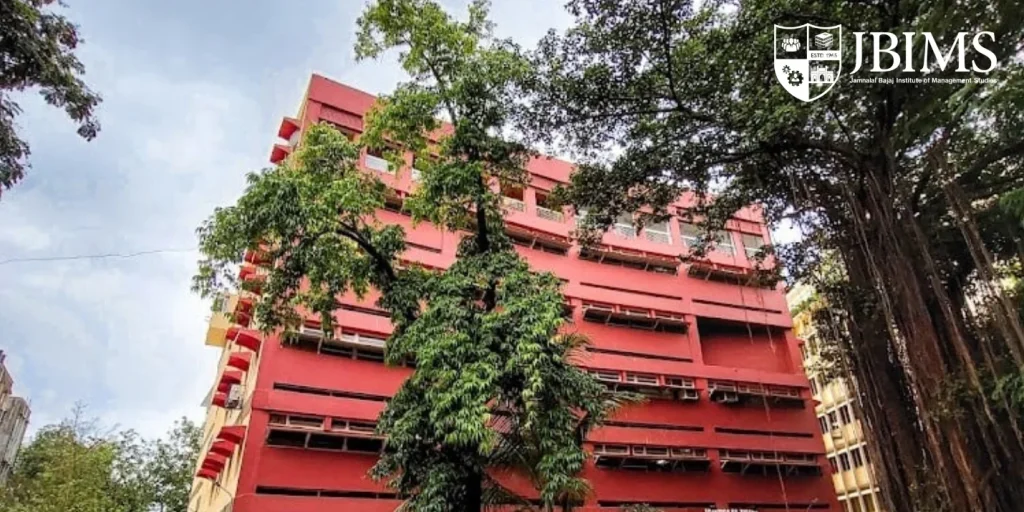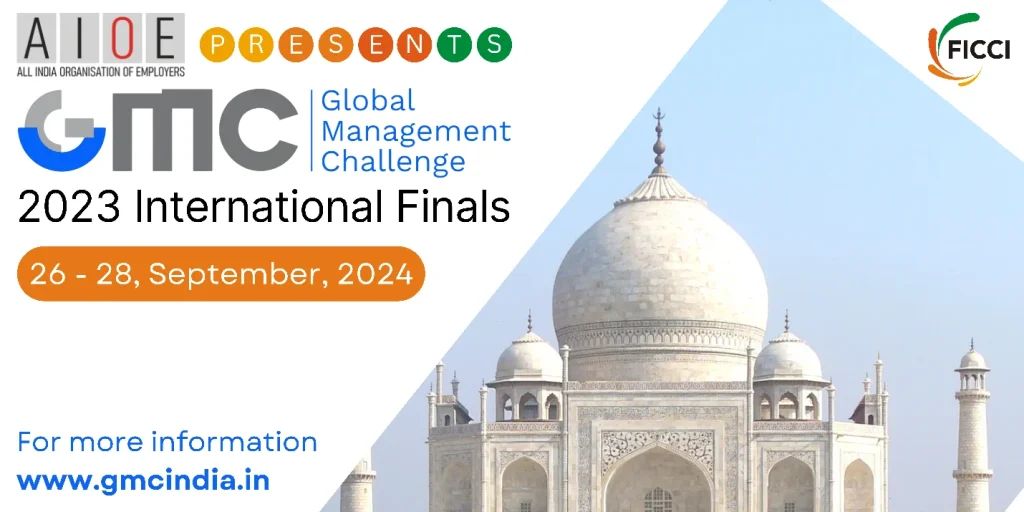International Final 2021 The event took place in Santiago de Compostela, Spain, and involved 15 countries. Portugal took fifth place in the league table
The Georgia team, made up of two professionals, won the international final of the 2021 edition of the Global Management Challenge. It was the country’s first participation in this strategy and management competition and its team achieved victory. Altogether, 15 countries were disputing for the title of champion, and Portugal reached the fifth position.
Santiago de Compostela, in Spain, hosted the international final on the 4th and 5th of this month. The event brought together national winners from the countries where the competition takes place and is always held in the year following the edition to which it relates. In the neighboring country, 15 countries were competing for the title of champion (initially 20 were planned), 10 of which did so face-to-face and five online.
As usual in the international finals of each edition, a semifinal was held, where the countries were randomly organized into groups. In the blue group, Angola, Ecuador, Estonia, Georgia and Portugal competed. In the green group, Azerbaijan, Brazil, Colombia, Italy and the host, Spain. These two groups competed face-to-face. The third group, the red one, of the teams that competed online, included India, Macau, Panama, China and Poland.
During the semifinal, held on the 4th, the participants had to make five decisions, encompassing areas such as marketing, finance, production and human resources, and only two teams from each group, those that obtained the best performance from their companies, passed to the final, which took place the following day. Portugal, Georgia, China, Azerbaijan, Spain and India competed in the final stage. In the very final, the teams once again had to make five management decisions and the one with the best performance for their company won.
AN INITIATIVE SPREAD AROUND THE GLOBE
The Global Management Challenge, organized for over 40 years in partnership by Expresso and SDG, is present in over 30 countries. Its first edition took place in Portugal in 1980 and internationalization started the following year, with Brazil. Since then, its international expansion has never stopped and it has partners in five continents. This year, and after Russia, it was Spain’s turn to receive participants from all over the world.
“This is a championship of knowledge opportunities. We wanted to win. My strategy is: don’t think, do it and go for victory”, said Alexander Shapovalov, leader of the Georgian team, after learning of the victory. On the day of the final, he said that the competition was not more difficult, but more interesting. They had the same semi-final scenario to work with and some of the teams already knew their way of playing. Nevertheless, Alexander Shapovalov was confident of victory, which came true. “We are cadres, we have life experience and how to manage something, which helps. But we have to be focused”, he explained.
This was Georgia’s first time in an international final of the Global Management Challenge. The Georgian leader referred that, “after this participation, the competition will grow in our country”. He owns a company and, making a parallel between real life and the race, said that the most complicated thing about the competition is “making difficult decisions in a short time. In my daily life I have more time and people around me who give me information and their opinion, and then I make the final decision, and that doesn’t happen here”. Even so, he will have made the right decisions with his teammate, as they won this challenge.
China has five international victories, but this year, as in the last edition, it returned to second place. India ranked third again
The second position in the leaderboard went to China, with a team of students. Last year the country was in this same position. “With this competition we better understand the entire operation of a company”, said Wen Lingyou, head of the Chinese team. After China was India, in third position, the same as last year, with a team of cadres. On the day of the final, Senkguttuvan Jeyaramakarixhna, team leader, said that Portugal or Spain could win.
Spain reaches fourth place
A result that did not materialize, since Spain was in fourth place and Portugal in fifth. “We feel the pressure, as hosts, to get a good result. The history is the same, but it is difficult to know how the market will react”, said Antonio Tabanera Manzanares, from the Spanish team, made up of students, during the very final.
Fifth was the Portuguese team, made up of three EDP staff. Multicultural, this team included a Portuguese, a Polish and a Brazilian. “We’re happy to be in the top 5, we wanted to be on the podium, but it wasn’t possible. But the experience was great, the friendships, networking and representing Portugal gave us experience to see the company as a whole and make the best decisions”, revealed Cláudia Guterres Reis, from the national team. As for her colleague, Andressa Bade, “the best part was meeting people from all over the world, which is a great learning experience”. For Katarzyna Zawadzka, and taking into account that the three team members work in different geographies, this was an “opportunity to get to know each other personally”. For the Portuguese team the competition was stronger, hence the result obtained. On the final day, with the same track record as the day before, they didn’t know whether or not to use the same strategy. In the semifinal, and faced with an expanding company, they had bet on an investment strategy to be able to generate profits.
The Azerbaijan team, made up of staff and debuting in this final of the Global Management Challenge, managed to reach the sixth position
In sixth place in the leaderboard was the Azerbaijan team, also debuting in an international final. Formed by five managers, Mammadli Elnur, its leader, stated that this challenge “helps the managers to look at the company as a whole, where we have to analyze everything to make decisions”. On the day of the final, and against teams he had already faced, he believed that the important thing was “to be creative, to make decisions outside the box to make a difference and win”.
Spain had the support of the Junta de Galicia in organizing this international final. It included, in addition to the competition itself, visits to monuments and a walk along a few kilometers of the Camino de Santiago, as if the participants were pilgrims. Marta Fernandes, director of the Centro Superior de Hosteleria de Galicia, highlighted at the event the importance for the region of receiving this challenge, which “brings together talent from different countries”. Alejandro Seguro, president of the Global Management Challenge Spain jury, also accompanied the competition. A former participant, he has fond memories of the international finals he took part in. In his opinion, “in the national final we learned how to manage a company, how to analyze and make decisions. But when you reach the international stage, the best thing are the relationships you create with people who have the same interests.




